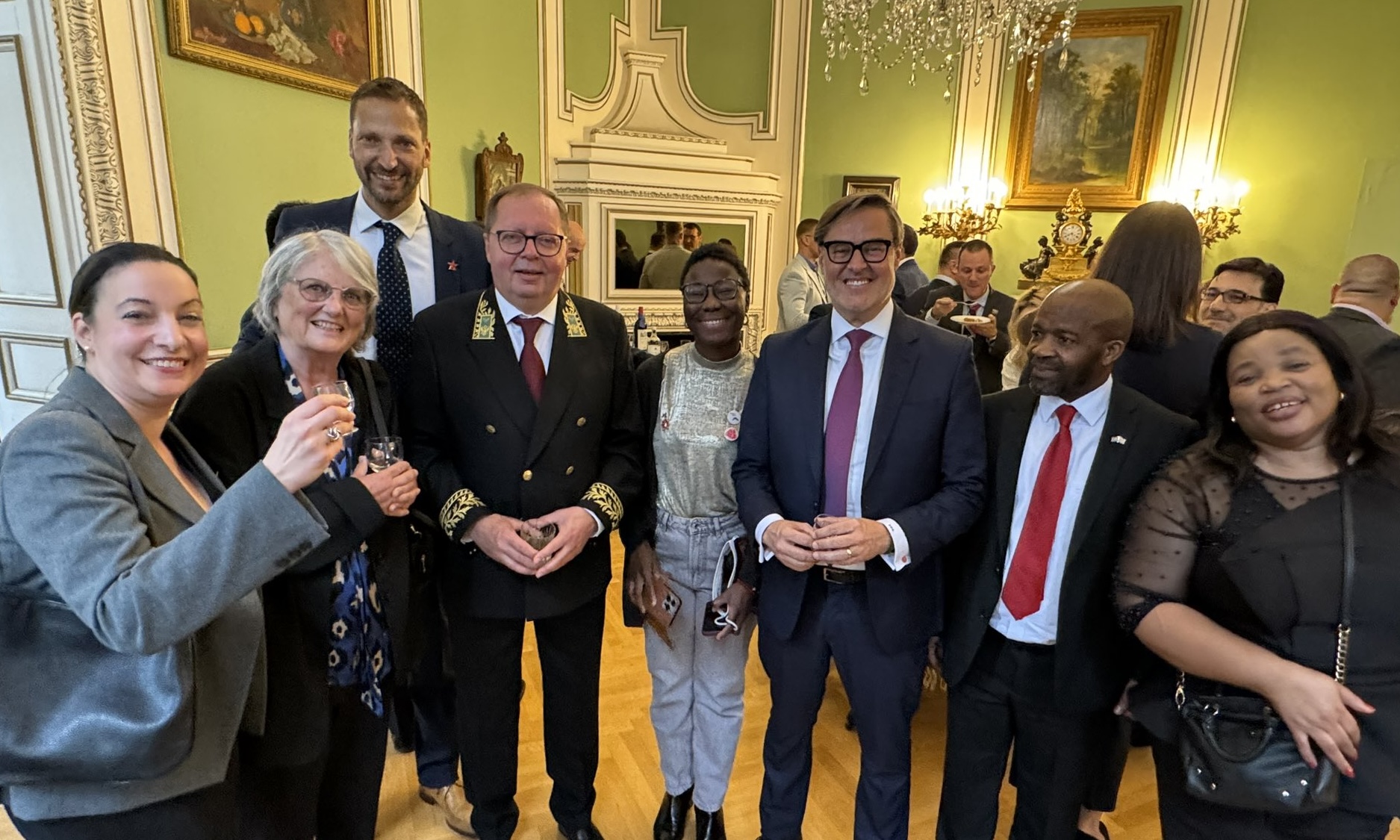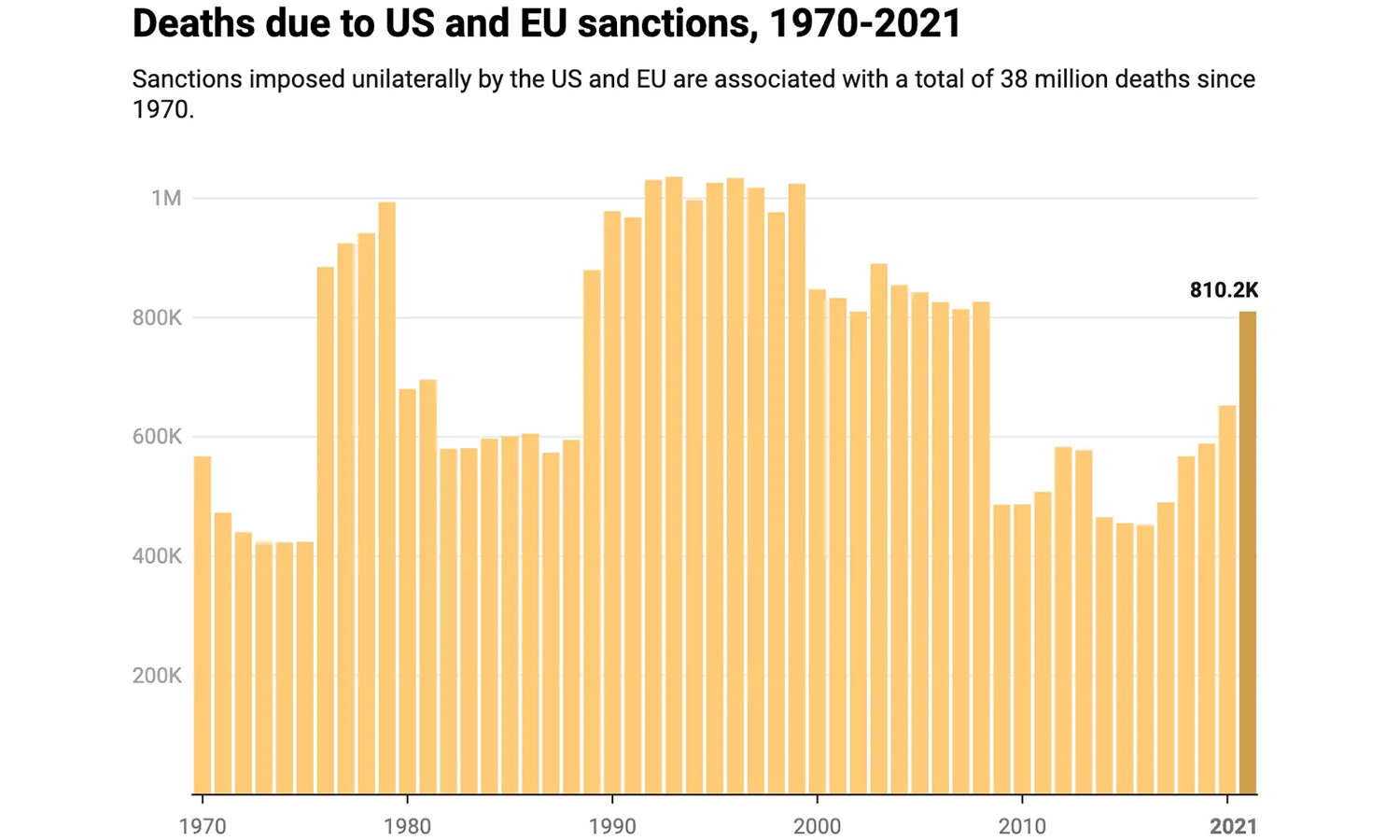Since the organisation now known as Brics was founded in 2009 it has evolved considerably under the pressure of the world crisis of imperialism.
Founded as a group initially consisting of Brazil, Russia, India and the People’s Republic of China (South Africa joined in 2010), it arose out of a shared frustration on the part of the four founding members of the group at the dominance of the USA in terms of its control over most of the international institutions that currently exist, such as the United Nations, IMF, World Bank and World Trade Organisation.
The foundation of Brics and its subsequent expansions have seen it evolve into an alternative international organisation that countries are now queueing up to join as US dominance of the international financial and diplomatic systems has come to be a shared concern amongst countries with differing systems and at different levels of economic development.
The Brics summit held in Kazan, Russia from 22-24 October followed the successful expansion of the organisation to include Iran, Saudi Arabia, Egypt, Ethiopia and the United Arab Emirates, and took place against the backdrop of frenetic US propaganda about how ‘isolated’ Russian president Vladimir Putin is.
The Kazan summit was attended by delegations from a much wider group of nations including Venezuela, Turkey, Pakistan, Vietnam, Indonesia, Syria, Thailand and Sri Lanka, amongst others. The fact that so many attended and have applied for either full membership or partner status shows that, far from being isolated, President Putin is at the centre of a growing international organisation that is starting to operate as a rival to such groups as the G7, IMF and WTO.
The discussions at the summit, reflected in the final declaration, centred around the shared concerns of the participating countries. The recurring issue is that of sovereignty and the desire not to have one single centre of power in the world that is able to dictate terms to less powerful nations.
From the very start, the Brics nations have been discussing the advantages enjoyed and exploited by the USA which stem from the use of the dollar as the international reserve currency in combination with US imperialism’s effective control over most of the major international banking and finance systems. This has enabled the US imperialists to apply sanctions to many countries by shutting them off from international banking and payments systems.
This is what was done to Russia in an escalating fashion from 2014 onwards (the start of the Ukraine war) to the point where its ability to use the Swift payments system was simply removed. Similar sanctions have been placed on Venezuela, Syria and Belarus in recent years. Therefore it is not surprising that much of the discussion at the Kazan summit was about the need to create new financial systems that circumvent US dominance of the existing mechanisms.
This has been happening slowly in many countries that have refused to give up their trade with Russia since 2022, with both India and China now conducting more trade in local currencies. What the Kazan declaration makes clear is that this will now be a more coordinated effort across the Brics states. As the declaration states:
“We recognise the widespread benefits of faster, low cost, more efficient, transparent, safe and inclusive cross-border payment instruments built upon the principle of minimising trade barriers and non-discriminatory access. We welcome the use of local currencies in financial transactions between Brics countries and their trading partners. We encourage strengthening of correspondent banking networks within Brics and enabling settlements in local currencies in line with Brics cross-border payments initiative (BCBPI), which is voluntary and non-binding, and look forward to further discussions in this area, including in the Brics Payment Task Force.”
What is crucial to understand is that the much-used phrase ‘multipolar world’ is not a theoretical concept. It has already been brought into being, principally by the efforts of the Russians and the Chinese. What has pushed nations such as India and even the UAE to go along with the process of setting up alternatives to US-run systems are the actions of US imperialism itself.
Imperialism, as Lenin explained over a century ago, can only pursue domination and the subjugation of other nations. The USA and its allies do not, and cannot, deal with other nations on the basis of mutual respect; their ruling classes seek only to gain domination over as many markets, natural resources and sources of labour as possible.
The US and its G7 allies have had a uniquely dominant position since the counter-revolutions of 1989–91 destroyed the USSR and the east European people’s democracies. The imperialists thought that by controlling international payments systems and having the dollar as the world reserve currency they could secure their power even after the manufacturing base of their countries had diminished. Their (unavoidable) arrogance and striving for domination, however, have pushed even ruling classes who sought partnership with them (such as the Indians) into a position where they are compelled to find ways around the endless sanctions imposed by the USA.
The Kazan summit marks a further important step in this move away from the dominant ‘new world order’ (to use George HW Bush’s phrase) set up in the 1990s, which every country in the world was supposed to slot into. The USA would be at the centre of this, and every other country would have to play the role assigned to it or face either sanctions, colour revolutions or (in the cases of countries like Iraq and Libya) invasions.
That brief period is steadily passing away. The Russian intervention in support of Syria and the workers’ uprising in Donbass marked the beginning of the end of this period.
Now that it is clear that the US imperialist bloc cannot defeat Russia in Ukraine and that its sanctions have failed, more nations are looking to at least gain access to alternative financial systems, to remove the perpetual threat of sanctions which hangs over all their heads.
The imperialists have totally overplayed their hand and have been exposed as the paper tigers that they are. And thus the ‘new world order’ is now being undermined with increasing rapidity.















